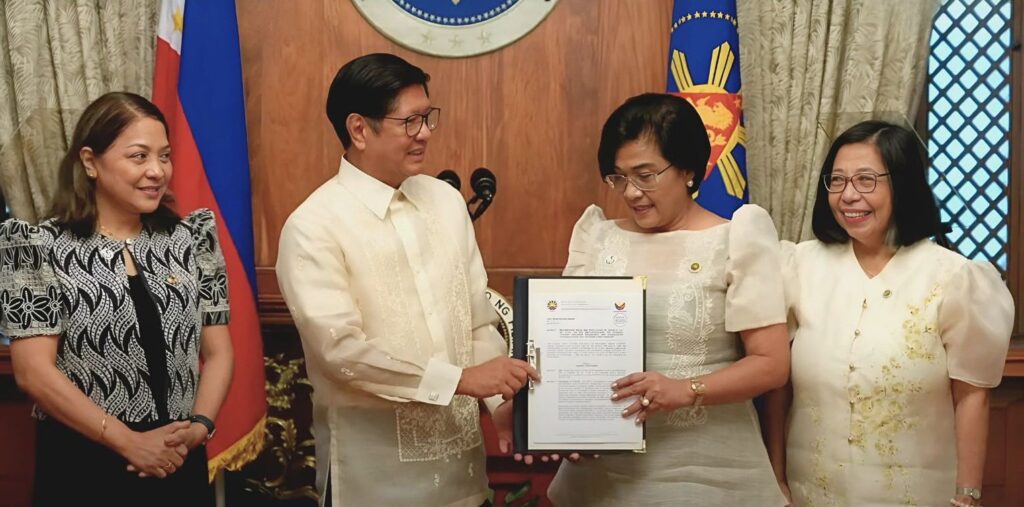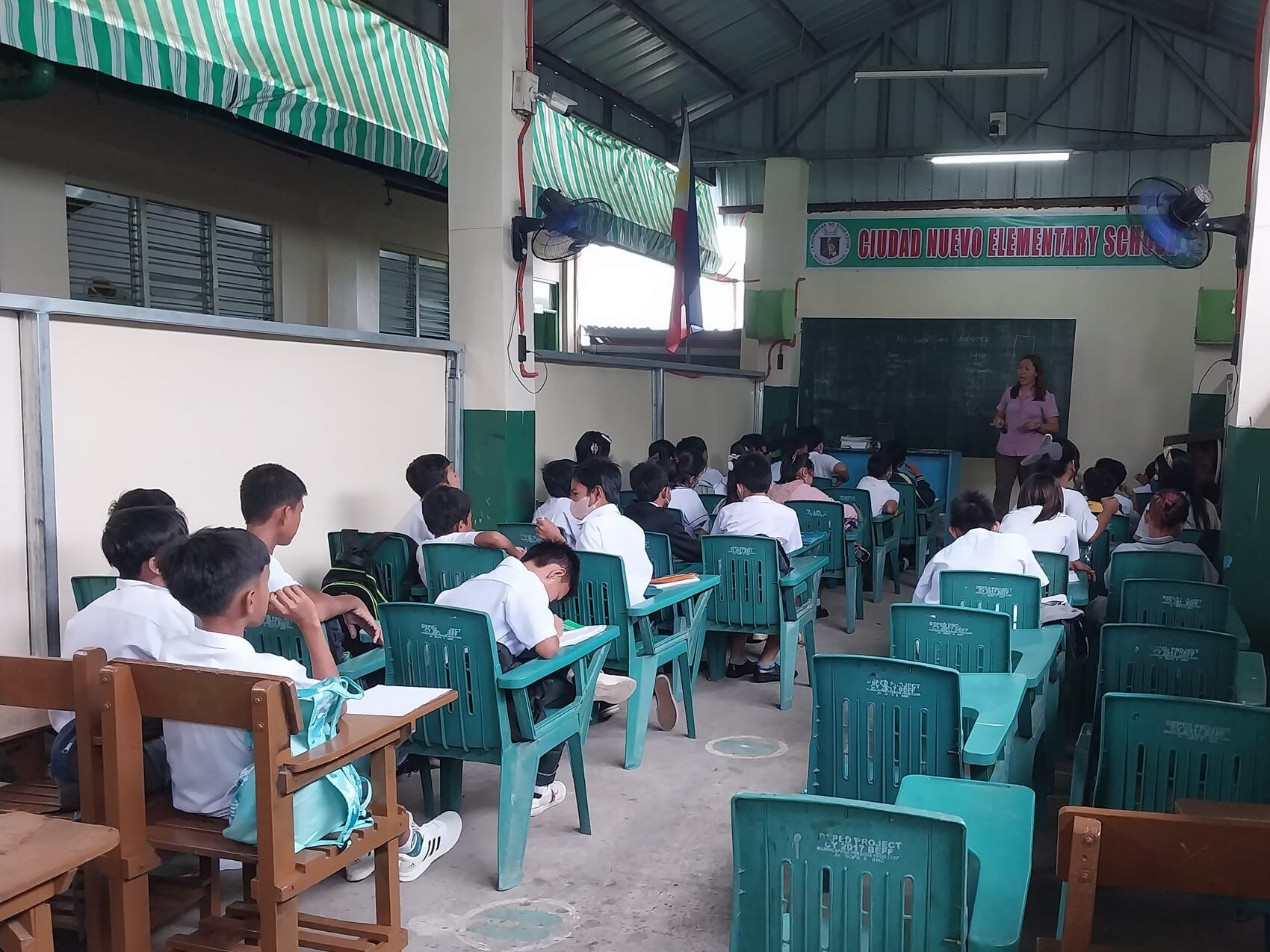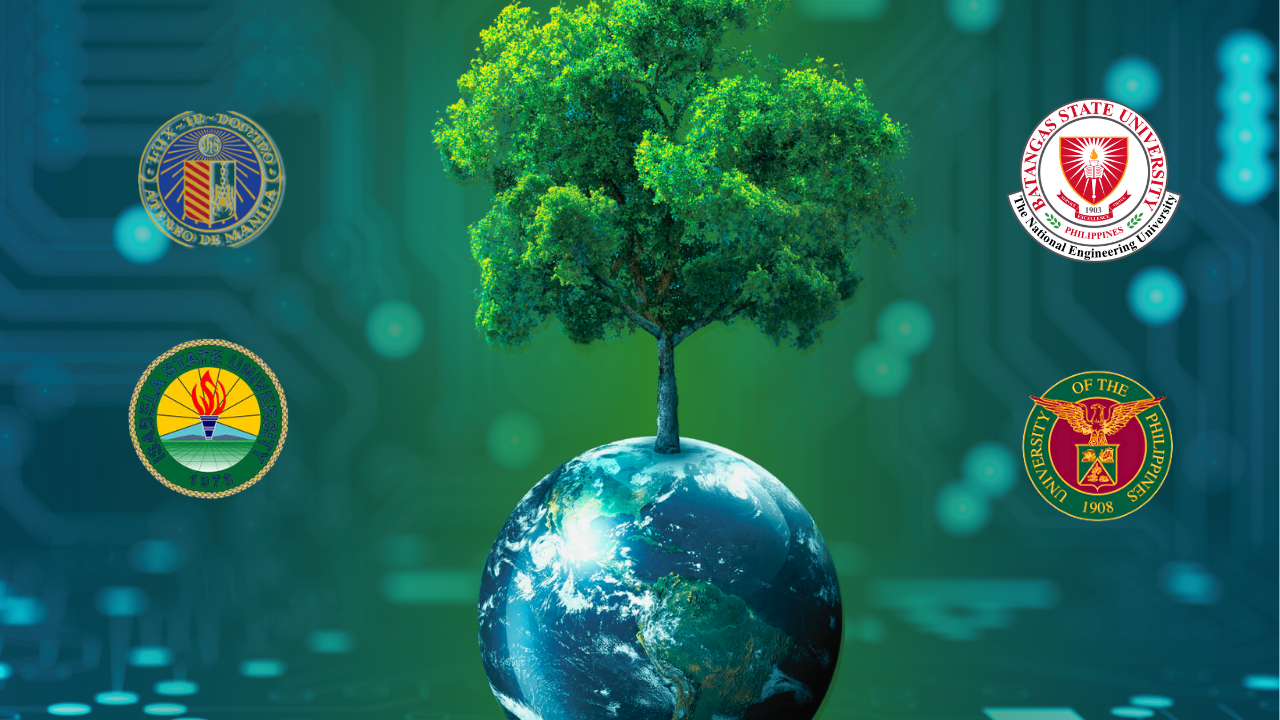Marcos: ETEEAP Act gives working Filipinos a second shot at college degrees

President Bongbong Marcos and newly minted CHED Chairperson Shirley C. Agrupis hold a copy of the ETEEAP IRR at the ceremonial launch of the rules. Photo by the Presidential Communications Office.
President Ferdinand “Bongbong” Marcos Jr. on Tuesday said the Expanded Tertiary Education Equivalency and Accreditation Program (ETEEAP) Act will give millions of hardworking Filipinos a second chance at earning a college degree.
Speaking during the ceremonial signing of the law’s implementing rules and regulations (IRR) at Malacañan Palace, Marcos highlighted how the measure recognizes knowledge and skills acquired through work experience, self-learning and non-formal education.
““This law gives our fellows who were not able to finish college a second chance… It supports caregivers, mechanics, technicians, and entrepreneurs- people who have long proven their skill but who now get the recognition that they properly deserve,” Marcos said.
“But their intelligence, creativity and determination remained. Through the ETEEAP Act, they can now turn their experience into a diploma,” he said in Filipino, noting that “experience is just as valuable as formal education.”
Marcos emphasized that learning doesn’t only happen in classrooms. “Often, the most important lessons are learned in the workplace, on shop floors or while helping run a family business,” he added.
Signed into law in March 2025, Republic Act No. 12124 institutionalized ETEEAP, an alternative education program that allows qualified individuals to convert prior learning into academic credits.
The law offers a path for professionals such as caregivers, mechanics, technicians and entrepreneurs to earn bachelor’s degrees without going through the traditional four-year college route.
The law also includes a provision for enrichment support to help learners meet the academic and professional standards of their chosen degrees.
Thus, the president urged higher education institutions (HEIs) to adopt flexible learning methods, such as online and hybrid classes, to cater to applicants’ varied life situations.
Meanwhile, the Commission on Higher Education and its partner agencies were instructed to closely monitor deputized HEIs to ensure the law is implemented effectively.


